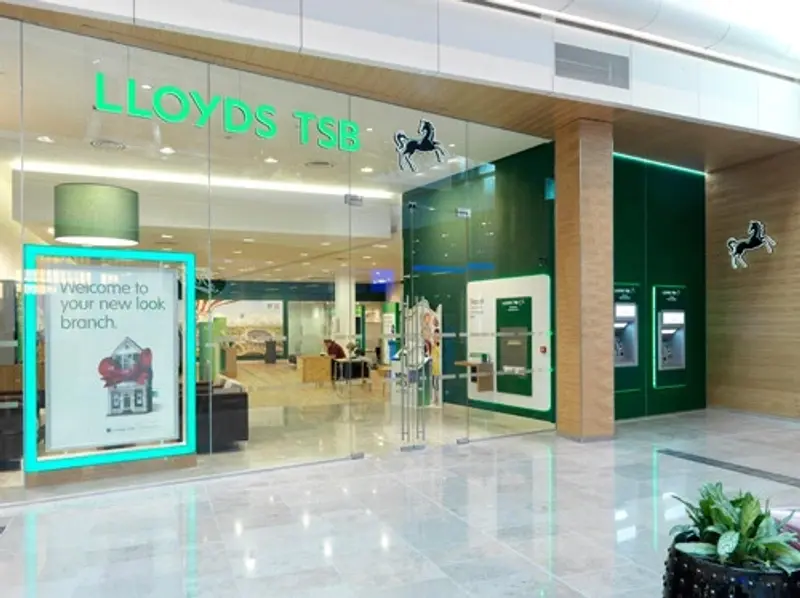
The government?s plan to make the UK?s banking industry more competitive has been dealt a blow after one of the country?s smallest players pulled out of a deal to expand its network.
The Co-op is no longer interested in buying 632 branches from Lloyds Banking Group (LLOY), due to an uncertain economic outlook and increased regulation in the financial services industry.
The £800 million deal, known as Project Verde, was agreed last year and was set to more than double the size of the Co-op?s branch network. This would have seen it challenge the larger high street players, the dominance of which has been seen as a factor in the financial crisis.
Lloyds, Royal Bank of Scotland (RBS), HSBC (HSBA) and Barclays (BARC) operate almost 7,000 high street branches in the UK and the government want more players to enter the market to create more competition and limit the potential for another financial crisis.
Lloyds, which has an 1,800-strong branch network, is selling the outlets under the terms of its £20 billion government bail-out in 2008.
Following the collapse of the Co-op deal, the bank has decided to sell the branches as a stand-alone business through a stock market listing. The bank improved 1.5% to 51.8p following the announcement. The branches to be sold have some 5 million customers and will be branded as TSB ahead of the IPO.
This mirrors the problems RBS had when it attempted to sell 316 of its branches last year. In October, Santander (BNC) pulled out of the £1.6 billion deal, which was staged under the terms of RBS? £45 billion bail-out agreement, leaving the bank to look to list the branches.
A timetable for Lloyds TSB?s IPO is uncertain, although the bank has to sell the branches by November to meet the European Commission?s competition rules.




